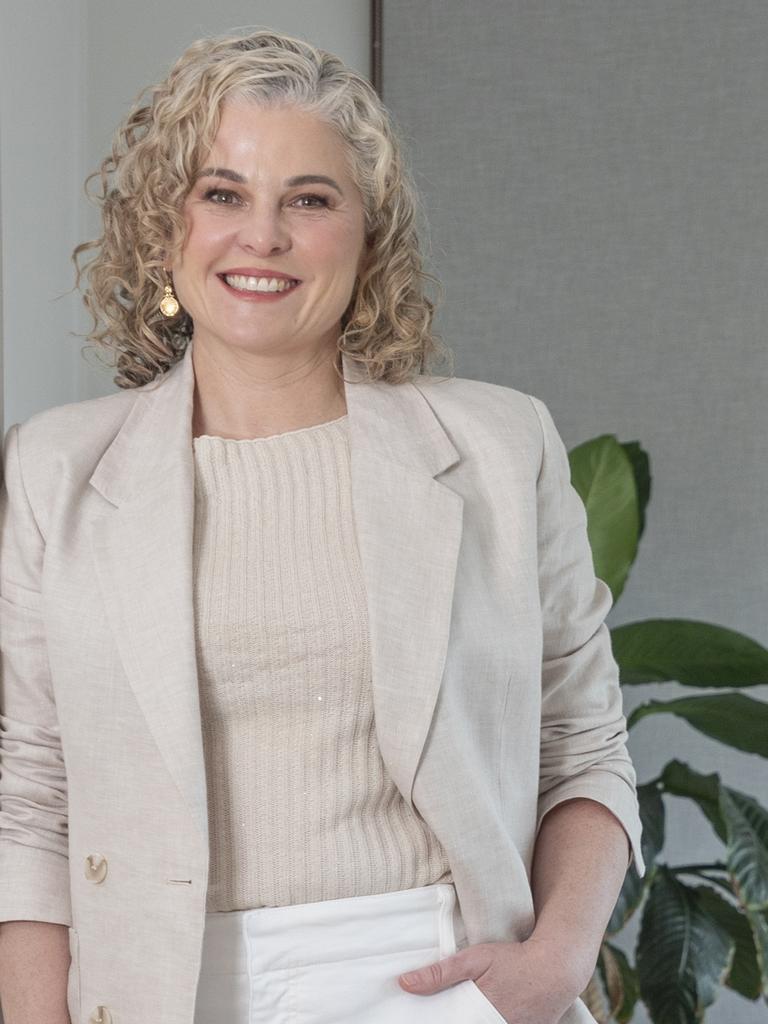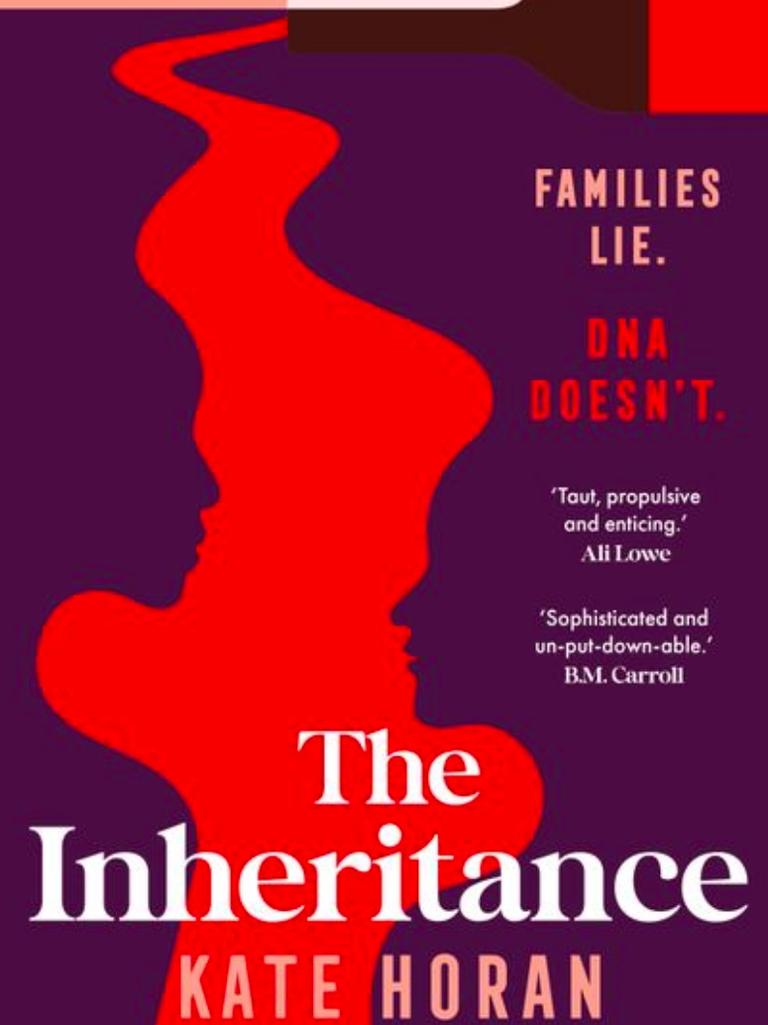‘Ultimate truth bomb’: DNA tests exposed
Are you one of the many people who received a DNA test kit as a gift this Christmas? If so, you might need to prepare yourself for some surprising results.
When I received a DNA test for Christmas a few years ago, it got me thinking about how often these simple tests must expose long-buried family secrets. I’ve always been drawn to stories about complicated families with dark secrets, so it sparked my imagination.
As the seed of an idea started to grow — which would become my debut novel, The Inheritance — I spent many hours in DNA Facebook groups, where people ask for help to understand their test results.
What I found was fascinating. While some people were using DNA testing to solve a specific mystery, such as to identify an absent father or find a birth parent, many others embarked on testing out of simple curiosity about their ancestry and ethnicity. Sometimes, though, their results seemed to contradict what they already ‘knew’ about their family. ‘The results must be incorrect!’ the poster would insist.
But DNA doesn’t lie, and people often do. A DNA test is the ultimate ‘truth bomb’ with the power to lay bare the long-buried secrets of previous generations. In times past, scandals and indiscretions were often swept under metaphorical rugs, with the offspring of such encounters none-the-wiser.
Grandparents raised illegitimate children as their own. Babies resulting from extramarital affairs were raised by unsuspecting husbands. Adopted or donor-conceived children were often not told of the circumstances of their conception.

Once, it was possible to keep such secrets. Now, though, a simple DIY test will expose the truth. This presents an ethical minefield. Anyone can do a DNA test, without seeking the consent of their family members, yet these relatives may be the ones most affected by the results.
The popularity of Facebook groups dedicated to DNA mysteries reflects how often there is a mismatch between the official version of a family’s story and the truth according to the DNA. The largest of these groups — DNA Detectives — has almost a quarter of a million members. People often join these groups to be matched with a ‘Search Angel’, the term for experts who build family trees using DNA matches (as well as social media posts and official documents such as birth certificates) to find the identity of an unknown relative.
There is even specific jargon to describe the various conundrums presented by results, the most common being ‘NPE’, an acronym for Non-Paternity Event.
When my book news was announced, I was inundated with stories about such discoveries. One friend sent me a text: ‘I have a DNA story! My mum’s real dad exposed by Ancestry!’ Her grandfather, it turned out, was an Indian Olympian, not her grandmother’s English husband. Her sister is still in denial, but as they say in the Facebook groups, ‘the DNA doesn’t lie.’
Another told me over dinner that she’d recently been contacted by a half-brother she didn’t know existed, the result of a teenage pregnancy her mother had never mentioned, preferring to leave the painful past in the past.
After glimpsing the secrets which could be revealed, I approached my own results with trepidation. Would they reveal a scandalous family secret? An unexpected half-sibling? A case of mistaken paternity? I must admit, I was a little disappointed when the most exciting discovery I made was that I’m 12 per cent Swedish!

Fortunately, fiction offers more exciting possibilities. My debut novel, The Inheritance, is about what happens when three DNA tests mysteriously appear under the Christmas tree of one of Australia’s wealthiest families, addressed to the three adult siblings.
Needless to say, this is highly alarming for those in the family with secrets to hide. I was inspired by two of my favourite television families when creating the dynasty at the centre of The Inheritance — the ruthless Roys of Succession and the entitled-but-loveable Roses of Schitt’s Creek — and I had a lot of fun up-ending their charmed lives by throwing the ‘truth bomb’ of a DNA test into their midst.
The theme of identify is at the heart of The Inheritance. Who are we? Are we a product of our genes or our upbringing?
As dark secrets are revealed by the DNA results, the characters are forced to question much of what they know about their parents, and therefore themselves.
So if you’re thinking of doing a ‘simple’ DIY DNA test, just keep in mind: it might not turn out to be quite so simple once the results are in.
Kate Horan’s novel The Inheritance is out now, published by HarperCollins.
Have you done a DNA test? Tell us at the Sunday Book Club group on Facebook.
More Coverage
Originally published as ‘Ultimate truth bomb’: DNA tests exposed




